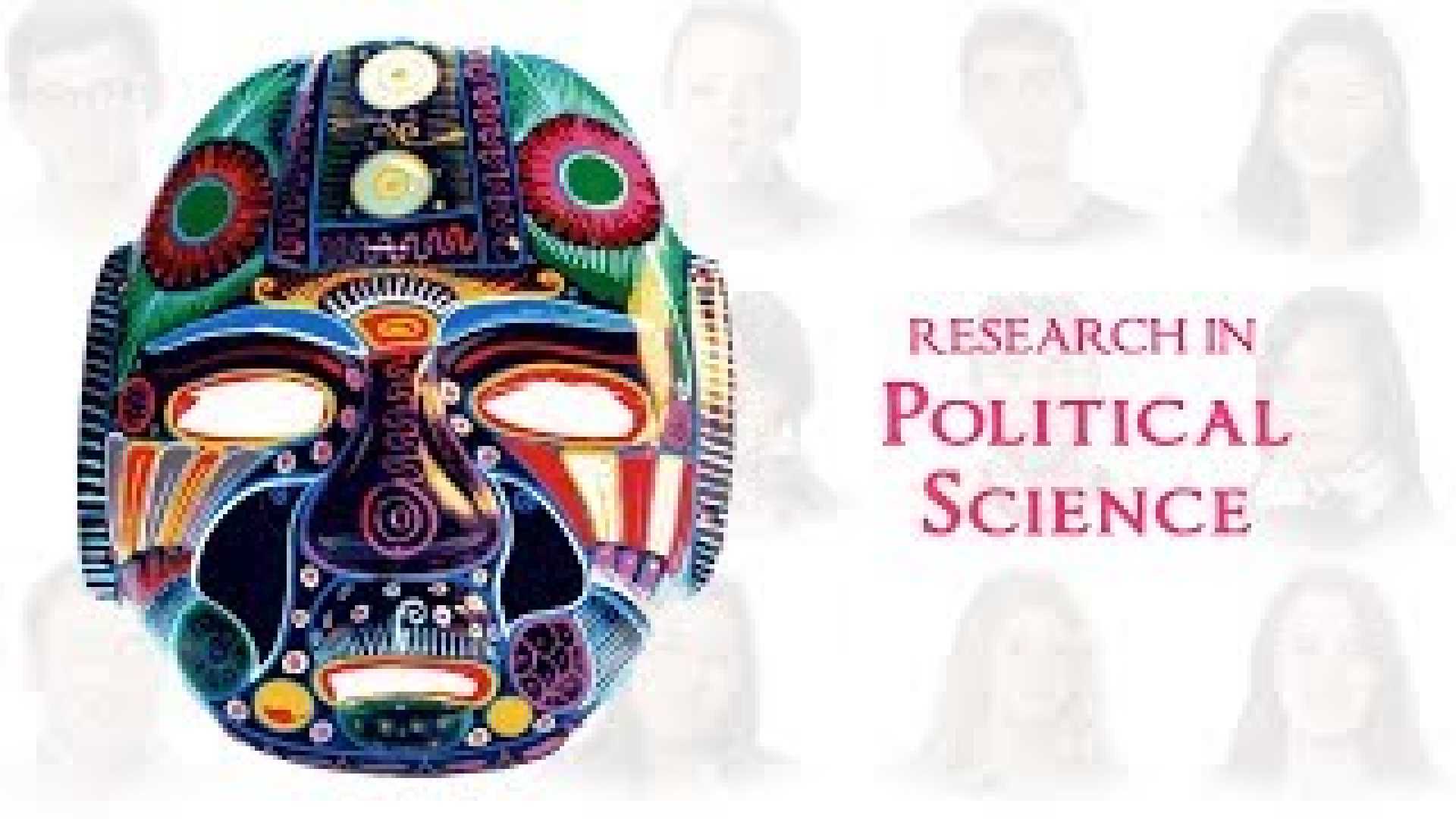News
Study Reveals Party Lines Divide Use of Science in Policy

EVANSTON, Ill. — A recent study led by Northwestern University researchers found that Democrats in Congress and think tanks cite and trust science in policymaking more than Republicans. The study, conducted at the Center for Science of Science & Innovation, aims to understand how scientific research is used.
Kellogg Professor Dashun Wang, who led the research, expressed hope that these findings will prompt policymakers to reflect on their use of science in arguments. The publication was co-authored by Kellogg Professor Alexander Furnas and James Madison University Professor Timothy LaPira.
The researchers analyzed citation practices of both parties by examining data from two datasets: U.S. government and think tank policy documents from 1995 to 2021, and a collection of scientific publications. “We were really interested in seeing how, in this era of heightened partisanship, partisan factions rely on or use science differently,” Furnas said.
The report highlighted that committees controlled by Democrats are 1.8 times more likely to cite scientific research than their Republican counterparts. Additionally, left-leaning think tanks cited scientific research over five times more than right-leaning think tanks across the 23 scientific fields and 17 policy areas studied.
Furnas noted a positive trend: the overall increase in science citations in policy documents rose from less than 20% in 1995 to over 35% in 2020. He speculated that the internet’s role in increasing access to studies could be a contributing factor. However, he pointed out that only 5 to 6% of papers cited by either party are cited by both, which is significantly less than expected.
The findings indicate a lack of shared scientific basis between the parties, with remarks from Furnas noting that they could not prove intentional “cherry picking” of information. “In an ideal world, evidence-based policymaking would draw on a broad synthesis of all relevant science,” Furnas said.
The study examined attitudes toward science within the partisan divide. Wang remarked that while science has been viewed as a politically neutral source of information, that perception is declining. The survey showed 63.7% of Republicans trust scientists for unbiased information, compared to 96% of Democrats.
This decline in trust could hinder collaboration on societal issues, Wang warned. The paper noted that fewer citations do not necessarily indicate less evidence used by Republicans, as the study did not consider non-scientific sources, like those from industry groups.
University of Illinois Chicago Professor E.J. Fagan suggested that the NU study effectively highlights partisan differences in citing scientific findings. However, he urged that think tanks should be seen as complementary to congressional committees. He described think tanks as a bridge between science and policymaking.
The study identified a “closed Republican ecosystem” in scientific citations, mentioning a small group of professors often linked together. Fagan emphasized that the paper provides direct evidence of the partisan scientific divide. “This is the most direct, most scaled way that we’ve done it before,” Fagan said.












